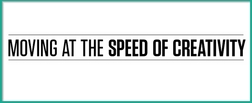
His second post for today, "STEM and Scratch Resources" provides a great list of support resources for teachers of science, tech, engineering, and math classes. If you're a STEMer, I'd recommend giving it a look. And if you're unfamiliar with Scratch, it's a wonderful program for teaching programming basics.
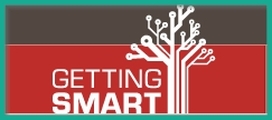
The article discusses the intricacies of applying for E-Rate funding and the interaction between E-Rate funding and running blended learning programs (where students receive at least some of their instruction through online means). The post goes on to discuss recommendations for the FCC to improve the E-Rate program and other ways we can help improve broadband capabilities for K-12 education.
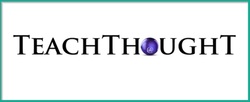
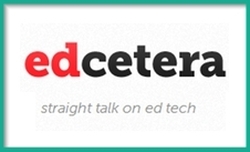

They also have up a highly enjoyable post covering the "Top 10 TED Talks on Digital Lives for Teachers" The videos cover a wide span of issues, from "Why Videos go Viral" to "Social Media and the End of Gender." There are some wonderful videos here, and if you've never watched a TED talk before, this is a great place to start.

Edudemic also has an article about "What Your Online Habits Say About Your Teaching." The article breaks down two different online-personality types: The Lurker and The Power User. They then go on to analyze the differences in browsing and teaching styles between the two.
In short, Lurkers stay in the background online - browsing, skimming, looking, not digging in to deeply to online debates and discussions. In the classroom, Lurkers are more hands-off, empowering students with learner-centered environments.
Power Users on the other hand are buried in the net. They don't just tweet, the research and plan their online posts, thinking deeply about every interaction. As a teacher, the Power User is more hands-on, detail-oriented, and highly involved in every task. The article concludes that striving to find a balance between these two personality types is generally the most beneficial in a classroom environment.







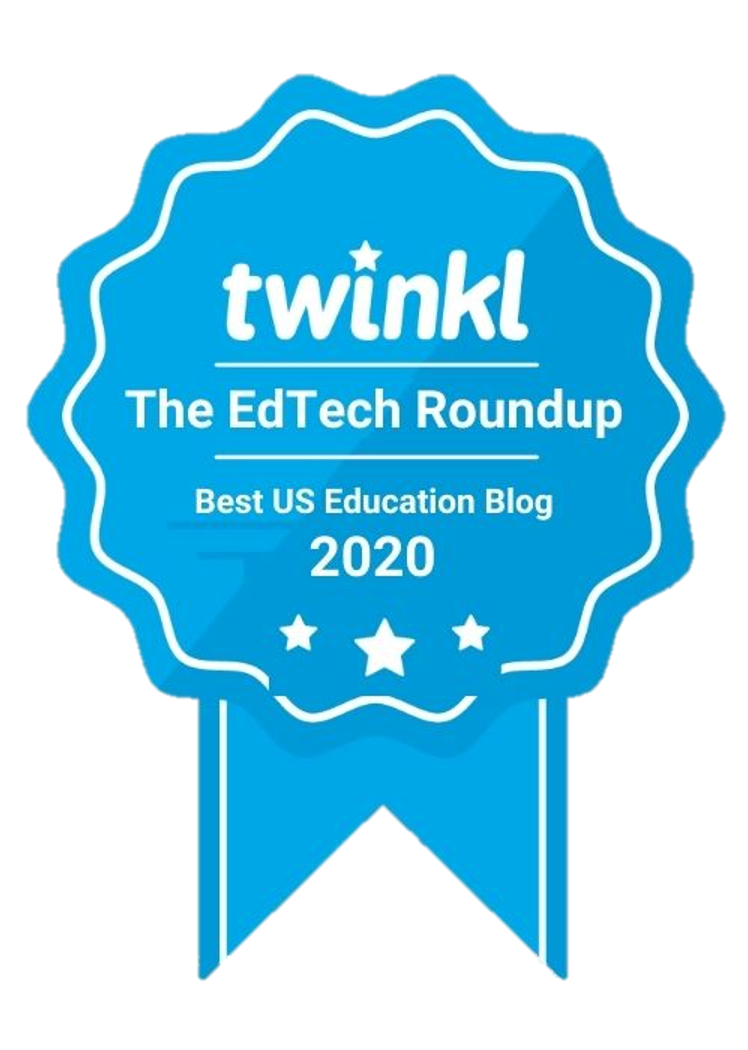
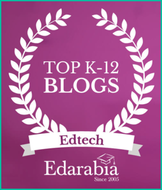
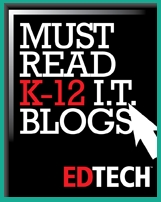
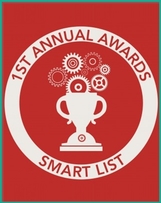
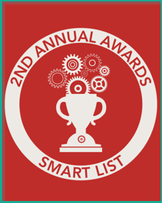
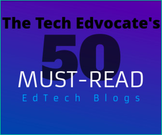
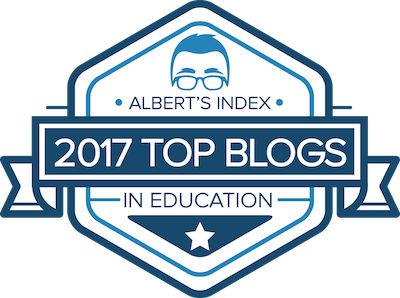
 RSS Feed
RSS Feed
